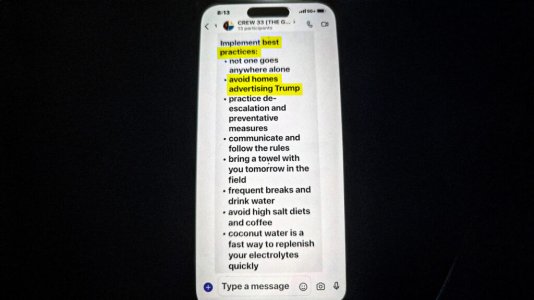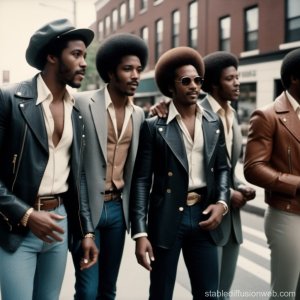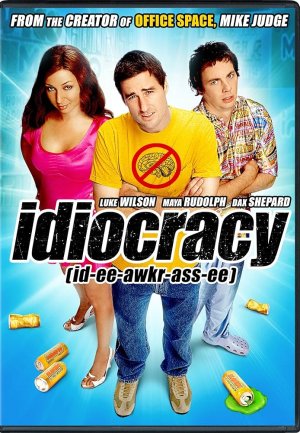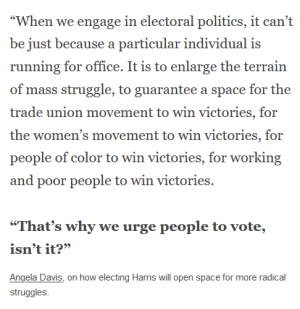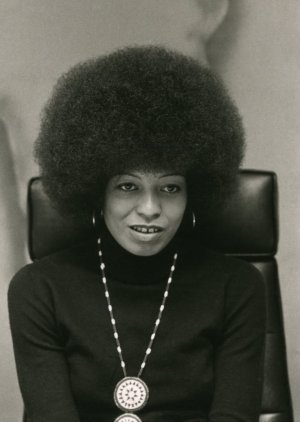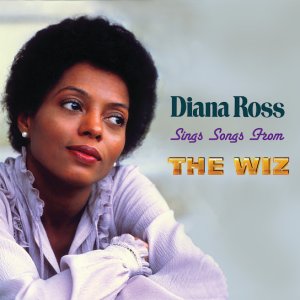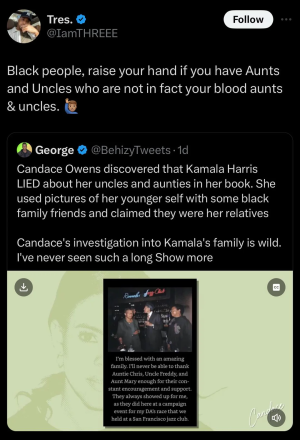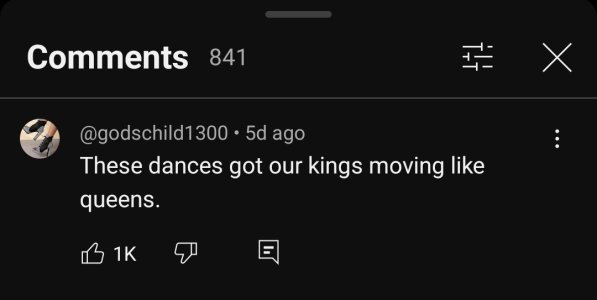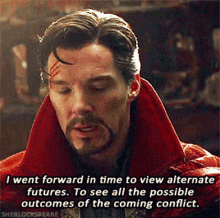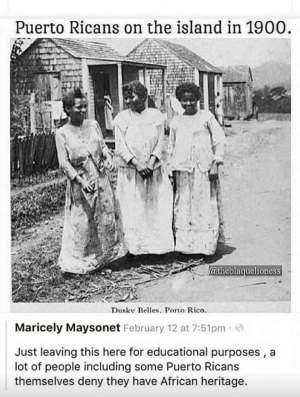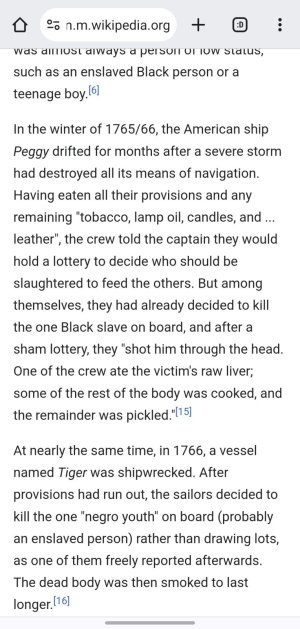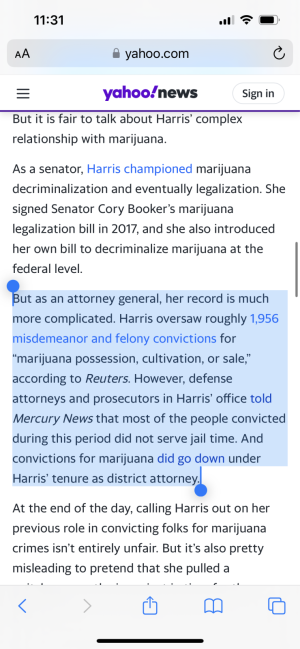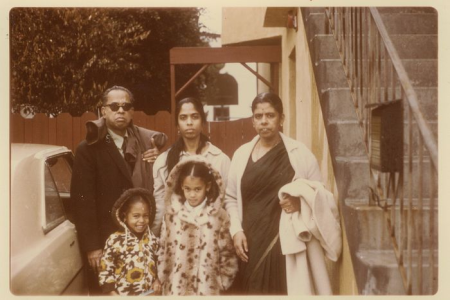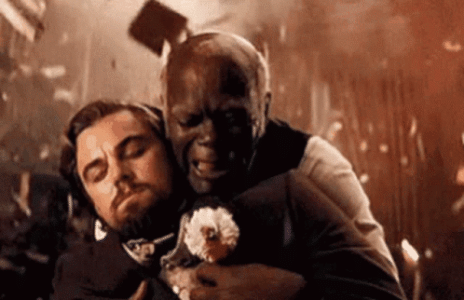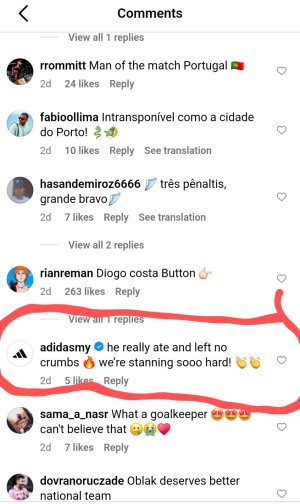A 2015 NEW YEAR’S RESOLUTION
FOR REDUCING RACIAL DISPARITIES:
“FIGHT THE POWERS THAT BE!”
..Got to give us what we want
Gotta give us what we need
…We've got to fight the powers that be
…Fight the power
…We've got to fight the powers that be
…From the heart, its a start, a work of art
To revolutionize, make a change, nothins strange
Right on, cmon, what we got to say
Power to the people, no delay
…Fight the power
…We've got to fight the powers that be”
-Public Enemy-
Recently, the University of Pittsburgh’s School of Social Work released Ralph Bangs’ report, Pittsburgh’s Racial Demographics 2015: Differences and Disparities. The Executive Summary is loaded with depressing details describing Pittsburgh’s racial disparities. For example, the report notes that [1] “…Preschool enrollment rates are much higher in the city of Pittsburgh than in the nation. However, racial disparities in preschool enrollment are greater in Pittsburgh than in the nation…;” [2] “…One-third of Blacks, one-quarter of Hispanics, one-fifth of Asians, and 15% of Whites live in poverty in the city of Pittsburgh…:” [3] “…Black and Hispanic unemployment rates are much higher than White and Asian rates in the Pittsburgh area and the nation…;” and [4] “…All of the juvenile murder victims in the city of Pittsburgh and Allegheny County in 2012 were Black. The majority of juvenile murder victims in the nation were White…”
More troubling than the voluminous negative findings related to Pittsburgh’s African Americans is the fact that Ralph Bangs’ produced the first report in 2007 and there has not been significant change since then! In short, there is a plethora of documentation regarding Pittsburgh being a “tale of several cities” –a city where people of color have long suffered in a funk while others annually celebrate with a “Pittsburgh Renaissance Festival.” The racial disparities reminds one of the lyrics,
“He's the little boy that Santa Claus forgot
And goodness knows, he didn't want a lot
…In the street, he envies all those lucky boys
Then wanders home to last year's broken toys
I'm so sorry for that laddie, he hasn't got a daddy
The little boy that Santa Claus forgot…”
http://www.metrolyrics.com/the-little-boy-that-santa-claus-forgot-lyrics-nat-king-cole.html
When it comes to explaining why shocking racial disparities persist in Pittsburgh and elsewhere, it does little good to restate W.E. B. DuBois’ famous statement, “The problem of the 20th Century, is the problem of the color-Line” nor add that “racism is alive and well in the 21st century.” Instead, maybe part of the problem of the 21st Century is that we too often have “do nothing individuals” in a “do nothing society” mimicking a “do nothing Congress.” In that regard, consider a view posted by Courtland Milloy.
Milloy’s January 14, 2015 Washington Post article states, “What if African Americans were as politically unified as our racial attitudes make us appear to be? Suppose, for instance, we did more than believe that racial discrimination exists but actually used our political and economic muscle to remedy race-specific problems? There are 42 million African Americans in this country with a combined purchasing power expected to hit $1.1 trillion this year… And yet, African Americans spent much of 2014 on bended knee — pleading for justice, crying for jobs, begging for equal treatment… …the resources at our disposal are enormous, if not always used most effectively. …Black-owned businesses are the second largest employer of black people, next to the federal government. But only 7 percent of small businesses are owned by blacks. How unfortunate that the president must go hat in hand to Corporate America, asking for $200 million to help black men and boys stay in school and get jobs. …At the very least, we could stop expecting people who hate us to save us.”
To be sure, a valid reading of history demonstrates that, at times, African Americans not only made effective uses of resources “at our disposal,” but often did so when we had to “make a way out of no way,” when everything surrounding us said “turn back” but we “kept pressing on!” Folks were not begging but demanding during [1] the slave rebellions; [2] marches such as those from Selma to Montgomery; [3] “sit ins” at segregated facilities throughout the South; [4] voter registration drives; [5] boycotts of segregated buses, etc. Nevertheless, some of Milloy’s above statements might be applicable today.
It might well be the case that, in some sectors of America, some African Americans are not mindful of Fannie Lou Hamer’s declaration, "You can pray until you faint, but unless you get up and try to do something, God is not going to put it in your lap." We can, for example, continue to protest loudly the circumstances of Ferguson, but if the Ferguson African Americans “don’t get up off their knees” and do something, i.e., [1] develop a sophisticated understanding of political processes; [2] build coalitions with others; [3] register and actually vote, [4] prepare candidates to run for elective office; and [5] use the ballot to bring about strategic changes, then disparities could become worse.
The continuation of racial disparities across America could emanate in part because some African Americans have ignored the following advice from Frederick Douglass: “Let me give you a word of the philosophy of reform. The whole history of the progress of human liberty shows that all concessions yet made to her august claims have been born of earnest struggle. The conflict has been exciting, agitating, all-absorbing, and for the time being, putting all other tumults to silence. It must do this or it does nothing. If there is no struggle there is no progress… Power concedes nothing without a demand.”
Nationally, an illustration of successfully “fighting the powers that be” came when African Americans demanded and got cancelled the raunchy, degrading, stereotypical VH1 show, “Sorority Sisters.” Initially, VH1 was adamant that the show would not be cancelled. However, an unwavering struggle led to the removal of an offensive show that insulted members of African American sororities and constituted a blasphemous attack on African American gender, sexuality, and humanity in general. By contrast, a similar fight has not taken place with “Black-ish” and it is most unfortunate that some mis-guided African Americans seem to enjoy “Black-ish” as years ago others enjoyed “Amos ‘n’ Andy.”
Given the history of tearing asunder African Americans’ self- images, how dare anyone televise a show that mocks positive efforts to develop African American pride and self-determination by way of their collective identity as was done on January 15, 2015 when the episode mocked the manner in which some middle-class African Americans celebrate the King Holiday? Indeed it is problematic when any group’s collective identity is the basis for public ridicule and, hence, one is not likely to witness shows called “WASP-ish,” “White-ish,” “Jew-ish,” “Islam-ish,” or “Christian-Ish.” In any event, the main point herein is that “Black-ish” will continue unless a “Sorority Sisters” type struggle is waged.
Returning to the most recent Pittsburgh report on racial disparities, major change will not occur unless African Americans along with significant others “fight the powers that be.” Imagine what could happen if an effective coalition [1] demanded that the City of Pittsburgh form the “Council to Eliminate Racial Disparities;” [2] insured that the “Council’s” representation came from key segments of the public, private and community sectors; [3] made sure that the “Council” established strategic goals, specific objectives, tactics, timetables, and accountability for realizing significant reductions of the disparities, and [4] “24-7” moved the “Council’s” agenda with City, State, business, educational and other leaders.
Success would surely come from the above “Coalition” as it did when an effective Pittsburgh coalition eventually got Foundations and others to save the August Wilson Center for African American Culture. The proper coalitions can contribute to the Lower Hill District of Pittsburgh becoming a 21st Century model of economic transformation much like what took place under Maynard Jackson in Atlanta and in Washington D.C. under “Mayor for Life” Marion Barry. Similar efforts could lead to “One Allentown,” “One Altoona,” “One Chester,” “One Erie,” “One Harrisburg,” “One Johnstown, ” “One Philadelphia,” “One Pittsburgh,” “One Pennsylvania,” and eventually “One United States of America.” It all comes down to the commitment to struggling effectively over time as illustrated in the movie “Selma.”
Watching “Selma,” I was reminded of “back in the day” (1960s) when my colleagues and I at Pitt were not only angry but also aggressively articulating goals for changing racial disparities at Pitt. We not only protested but also planned detailed implementation steps.
We readied ourselves by reading extensively the works of Frantz Fanon, Audre Lorde, Malcolm X, Sojourner Truth, W.E.B. DuBois, Mary Church Terrell, Ntozake Shange, LeRoy Jones, Marcus Garvey, Gwendolyn Brooks, and many others.
We adhered to the advice of our elder K. Leroy Irvis, the first African American Speaker of the House in Pennsylvania, who explained to us that we couldn’t “go it alone,” that building coalitions not cursing was key to his accomplishments for the most important legislation that impacted Pitt in general (State-related status in 1966) and African Americans in particular (Act 101 Program for disadvantaged students).
We approached the Pitt administration with neither “hat-in-hand” nor on “bended knees” but standing upright and delivering a set of demands we were determined to have met.
We partnered with the people, the “grass roots,” instead of behaving as if they had given us some signatory authority to speak for them.
“Selma” reminded me that we too got tired and how we were uplifted by freedom songs. For those who continue “to fight the powers that be” as well as those willing to return from the comfort of the sidelines, “Selma’s” sound track should surely serve the same purpose.
“…Freedom is like religion to us
Justice is juxtaposition in us
Justice for all just ain't specific enough
One son died, his spirit is revisitin' us
…resistance is us
That's why Rosa sat on the bus
That's why we walked through Ferguson with our hands up
…Now the war is not over
Victory isn't won
And we'll fight on to the finish
Then when it's all done
We'll cry glory, oh glory…
It takes the wisdom of the elders and young people's energy
Welcome to the story we call victory…”
http://www.azlyrics.com/lyrics/johnlegend/glory.html
In sum, there must be no more simply reporting of facts regarding racial disparities! We must resolve to relentlessly attack these disparities as Congresswoman Barbara Lee is doing with her H.R. 3300 designed to cut poverty in half within a decade. In introducing her bill, she stated, “Americans all across the country are struggling.” “It is clear that our policies and programs addressing poverty have not kept pace with the growing needs of millions of Americans. It is time we make the commitment to confront poverty head-on...”
http://lee.house.gov/newsroom/press...gislation-to-cut-poverty-in-half-in-ten-years
And confront head on we must if we are to be free!
Jack L. Daniel
Co-Founder, Freed Panther Society
PUM Contributor
January 22, 2015






